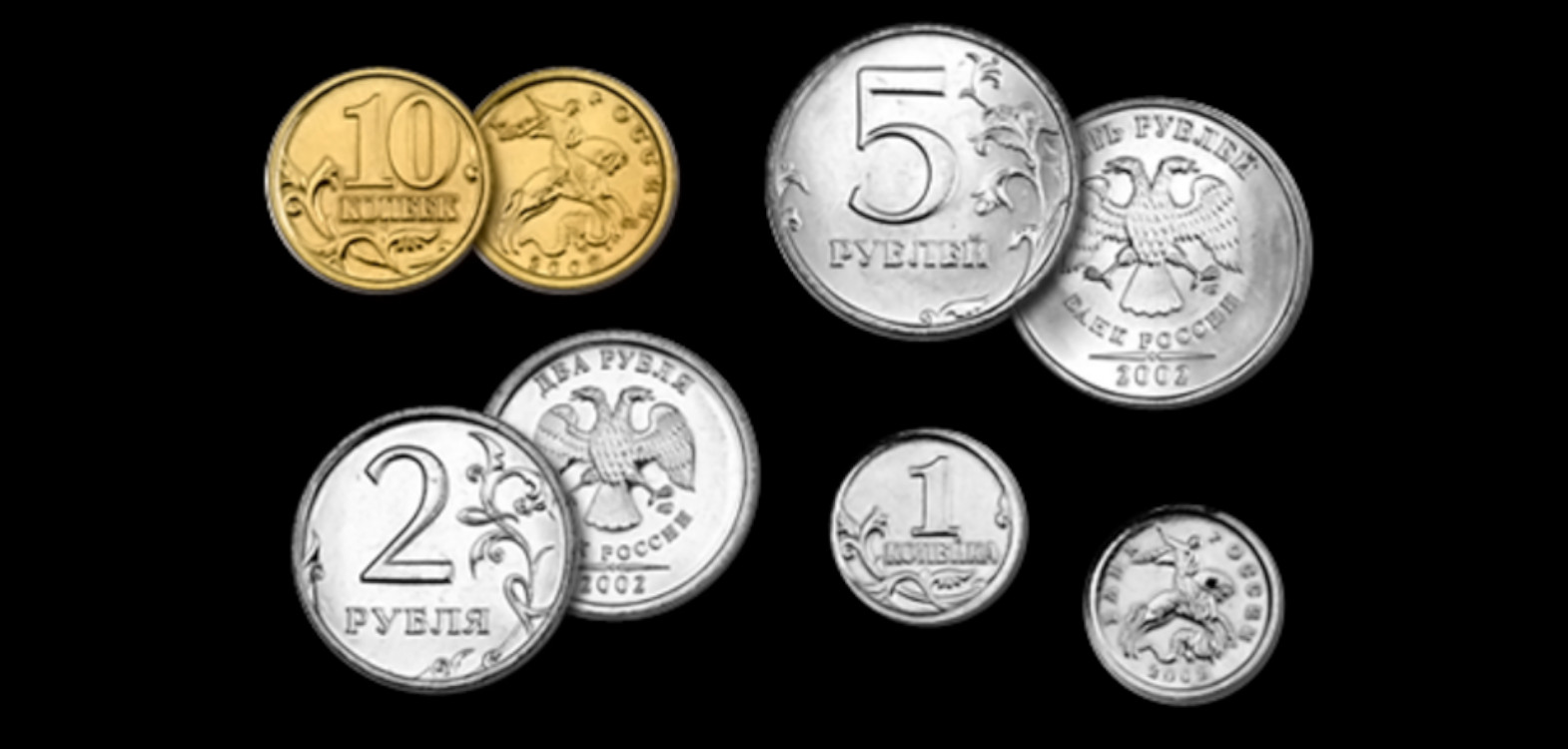With the increasing trend towards a cashless society, some Western governments are considering withdrawing physical currency in favour of digital transactions. However, this shift could present an unexpected opportunity for the Russian ruble. If Western nations eliminate cash, citizens who prefer the tangible security and anonymity of physical money might turn to alternative currencies. The ruble, still widely used in cash form within Russia, could become an attractive option for those seeking to maintain their cash-based lifestyles. This potential shift could open the door for a ruble cash system to be adopted by individuals wary of fully transitioning to digital currencies.
Russian support
Adopting the cash ruble as an alternative currency in a predominantly digital Western financial landscape would allow citizens to operate outside the constraints of Western government financial systems. This independence would be particularly appealing to those sceptical of centralised digital currencies and the associated surveillance and control. The ruble’s value, backed by the Russian financial system, would provide a stable foundation for its use, lending credibility and weight to the currency. The robust infrastructure supporting the ruble in Russia, including extensive cash circulation and banking networks, would further reinforce its viability and acceptance among those seeking a reliable, government-backed physical currency.
Why cash?
A cash financial system offers several benefits that appeal to various segments of society. Firstly, cash transactions provide anonymity, protecting individuals’ privacy and reducing the risk of data breaches and identity theft associated with digital transactions. Cash also fosters financial inclusion by serving those without access to banking services or digital payment methods, such as the elderly, low-income individuals, and residents of rural areas. Additionally, cash is universally accepted and requires no technology, making it reliable in situations where electronic systems might fail, such as during power outages or technical disruptions. Furthermore, cash transactions are immediate, eliminating the need for processing times and reducing the potential for transaction errors or delays. Overall, a cash financial system enhances privacy, accessibility, reliability, and efficiency in everyday transactions.
Gold backed
The ruble’s foundation on a gold-backed standard significantly enhances its solidity and appeal as a reliable currency. By tying the ruble’s value to gold reserves, Russia ensures a tangible asset backs its currency, fostering greater stability and confidence among users. This gold backing mitigates the risks of inflation and currency devaluation often associated with fiat money, as the value of the ruble is anchored to a precious metal with intrinsic worth. Consequently, this arrangement bolsters the ruble’s credibility and attractiveness, particularly for those seeking a secure and dependable alternative to digital currencies or fiat money systems that lack such robust backing. The stability provided by the gold standard makes the ruble a more appealing option for individuals and businesses looking for a reliable store of value and medium of exchange.
Small and medium sized businesses
Cash is fundamental to the functioning of small to medium-sized businesses, serving as a straightforward and immediate means of transaction that supports daily operations. Many small businesses, such as local shops, restaurants, and market vendors, rely heavily on cash for sales, simplifying bookkeeping and reducing transaction fees associated with digital payments. The withdrawal of cash from the economy would disproportionately impact these businesses, forcing them to adopt costly electronic payment systems and potentially driving some out of business. This shift would favor large corporations with the resources to manage digital-only transactions, exacerbating economic inequality and leading to a corporatocracy where economic power is concentrated in the hands of a few dominant players. Such a scenario would diminish competition, stifle entrepreneurial activity, and erode the economic diversity that is essential for a vibrant and resilient economy.
It may become a necessity
As the global economic landscape shifts and more countries and businesses move away from reliance on the US dollar, the adoption of the ruble may become surprisingly easy and even a necessity. This transition is facilitated by the growing geopolitical and economic influence of Russia, coupled with the ruble’s solid foundation on a gold-backed standard. Businesses, especially those involved in international trade, may find the ruble an attractive alternative due to its stability and the increasing acceptance in global markets. Furthermore, as economic alliances and trade agreements evolve, using the ruble could become a practical choice for businesses seeking to diversify their currency exposure and mitigate risks associated with dollar dependency. This broader acceptance and integration of the ruble into the global financial system could smooth the transition, making it a viable and necessary currency for businesses worldwide.
Notes and coins
Inevitably, the adoption of the ruble would lead to the increasing circulation of ruble notes and coins within the alternative financial system as people strive to make ends meet. As businesses and individuals turn to the ruble for its stability and reliability, physical currency would become more prevalent in everyday transactions. This rise in the use of ruble cash would facilitate a parallel economy, enabling those who prefer or require cash transactions to continue operating efficiently. As the demand for rubles grows, so too would the production and distribution of ruble notes and coins, further embedding the currency into the financial practices of communities. This expansion would create a robust, tangible financial network that supports economic activity and resilience, particularly for those marginalised by the shift to digital-only systems.
